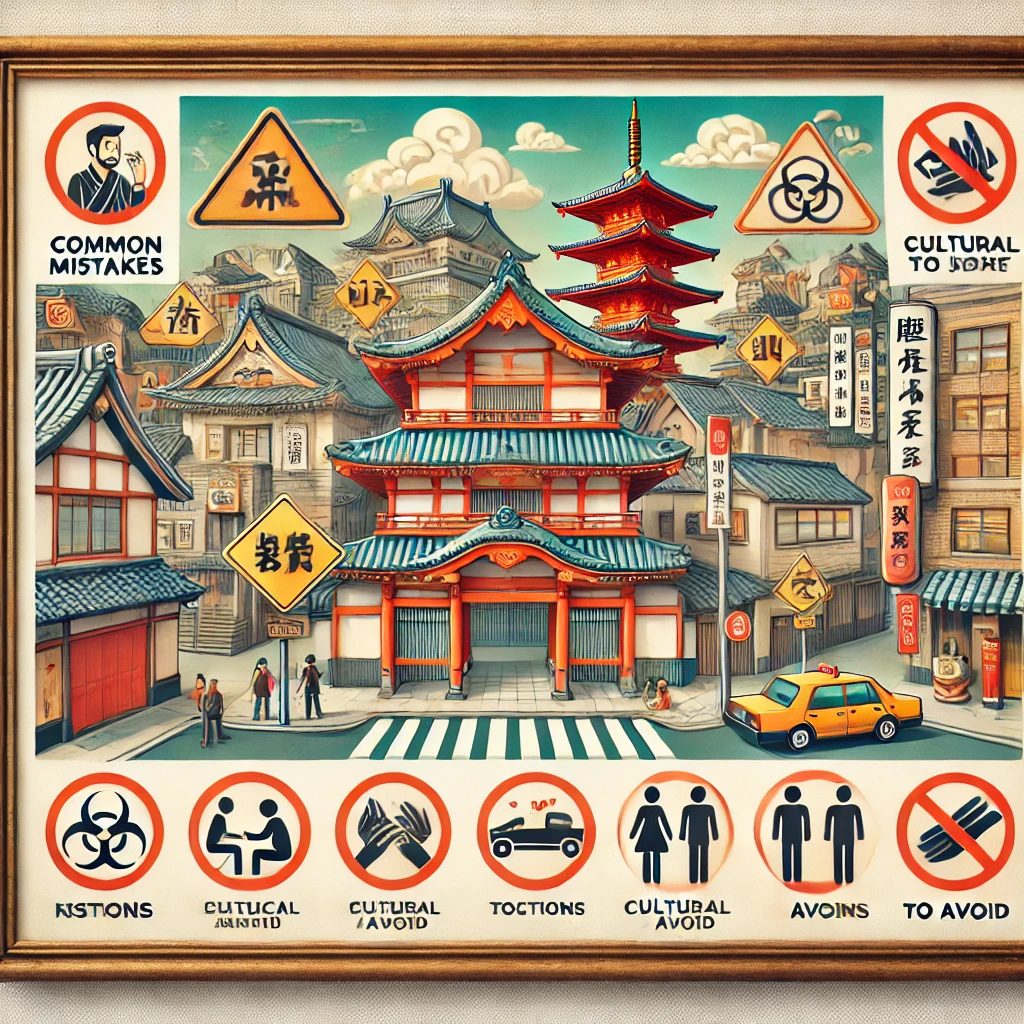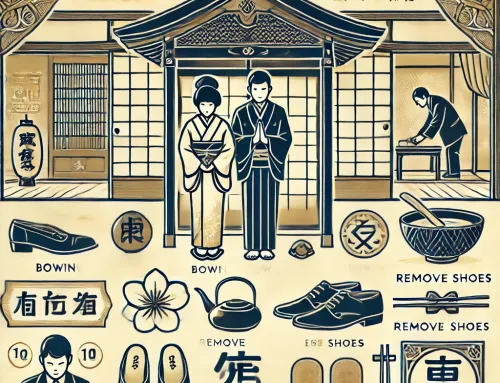
The Fascinating Story Behind What You Should Not Do in Japan – Avoid These Common Mistakes!
The Fascinating Story Behind What You Should Not Do in Japan – Avoid These Common Mistakes!
Introduction
“Welcome! Today, we’ll be talking about something really important for anyone visiting or living in Japan—what *not* to do! Japan has a unique culture with a lot of unspoken rules, and by following these tips, you’ll not only avoid misunderstandings but also blend in like a local. Let’s get started!”
1. Don’t Speak Loudly in Public
“The first thing you should avoid is speaking loudly in public places like trains, restaurants, or buses. In Japan, people value quiet and peace, especially in shared spaces. It’s considered respectful to keep your voice low, whether you’re talking on the phone or with friends. You might notice the entire train is quiet—it’s because everyone is being mindful of each other. So, keep your conversations calm and quiet!”
2. Don’t Point with Your Finger
“In Japan, pointing with your finger at people or things is considered rude. Instead, people gesture with an open hand or nod towards what they’re referring to. It’s a small but important detail, and it shows respect. So, next time you want to point something out, try using your whole hand!”
3. Don’t Tip
“Unlike many other countries, tipping is not part of the culture in Japan. In fact, it can be seen as confusing or even offensive. When you dine at a restaurant or take a taxi, the service fee is already included in the price. So, no need to tip—just say ‘Arigatou gozaimasu’ to show your appreciation.”
4. Don’t Eat or Drink While Walking
“Eating or drinking while walking is generally frowned upon in Japan, especially in urban areas. It’s seen as messy or disrespectful to the environment. Instead, people tend to stop at designated eating areas, benches, or restaurants. If you buy something from a convenience store, try to finish it before walking away.”
5. Don’t Ignore Queue Lines
“Japan is famous for its orderly lines. Whether you’re waiting for a train, at the supermarket, or even at an elevator, it’s important to respect the queue. Jumping ahead or not following the line is a big no-no. It’s a simple way to show respect to others around you.”
6. Don’t Open Gifts in Front of the Giver
“In Japan, when you receive a gift, it’s polite not to open it right away, especially in front of the person who gave it to you. The idea is to save it for later, showing appreciation without drawing too much attention. It’s a little different from other cultures, but it’s a great way to be polite in Japan.”
7. Don’t Blow Your Nose in Public
“Blowing your nose in public, especially in crowded places like trains or restaurants, is considered bad manners in Japan. Instead, people usually excuse themselves and find a restroom or more private area to take care of it. Carrying tissues and being discreet is a good habit to have!”
8. Don’t Enter a House with Shoes On
“One of the biggest no-nos in Japan is entering a home with your shoes on. This rule applies to many traditional places as well, like ryokan (Japanese inns) or temples. Always take off your shoes at the entrance and wear the provided indoor slippers if available. It’s a sign of respect and helps keep the living space clean.”
9. Don’t Take Photos in Certain Locations
“Japan has beautiful scenery and historic places, but remember, not all locations allow photography. In temples, shrines, and some public spaces, taking photos may be prohibited out of respect for the sacredness or privacy of the area. Always check for signs before snapping a picture, and when in doubt, ask!”
10. Don’t Forget to Bow
“In Japan, bowing is a very important gesture of respect. You don’t have to bow like a pro, but a simple nod of the head can go a long way in showing good manners. You’ll see people bow when greeting, saying thank you, or even apologizing. It’s one of those small but meaningful cultural practices that you should definitely keep in mind.”
Conclusion
“And that’s it! Those are some of the key things you should avoid doing when you’re in Japan. Following these tips will help you fit in better and show respect to the people around you. Did I miss anything? Let me know in the comments, and don’t forget to like and subscribe for more tips on living in Japan! Thanks for watching—mata ne!”














